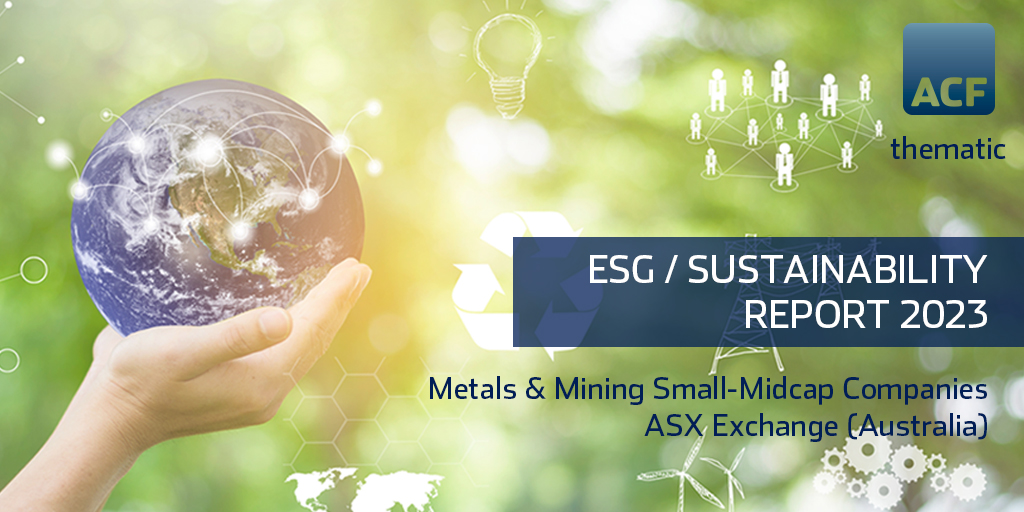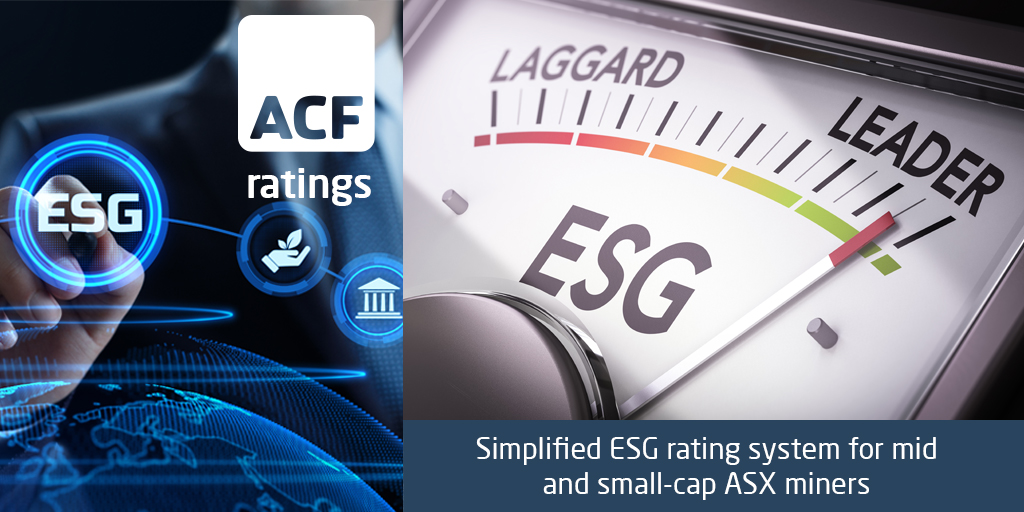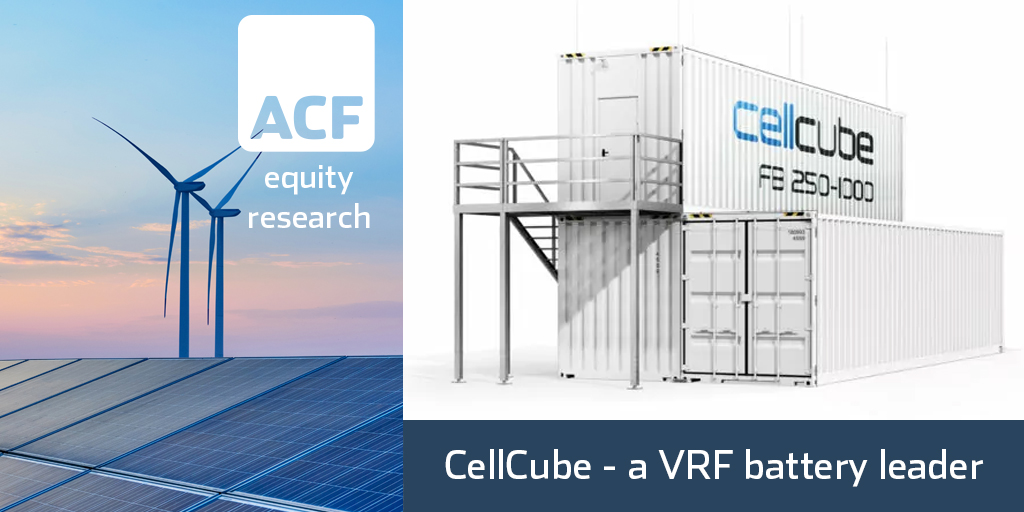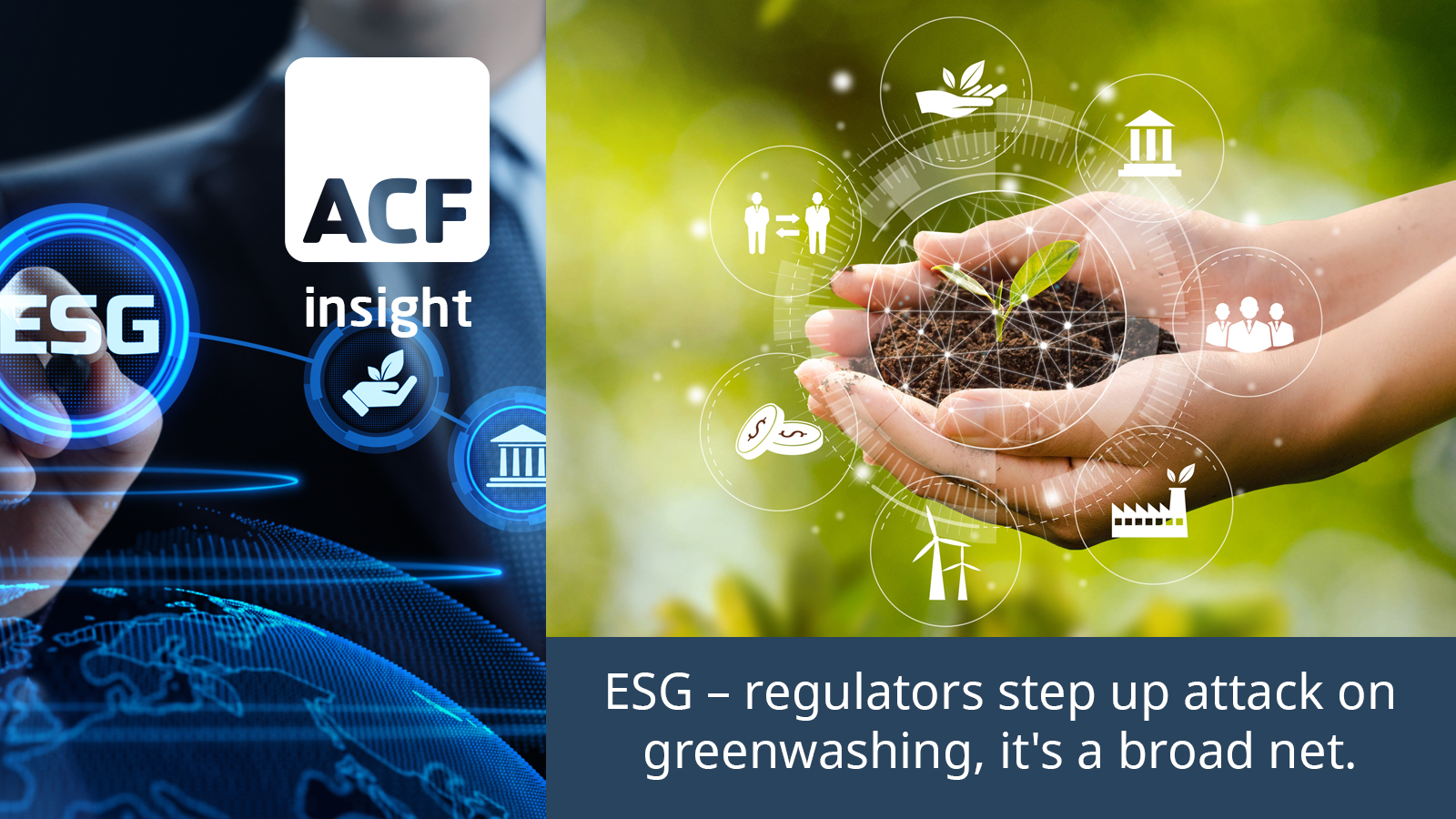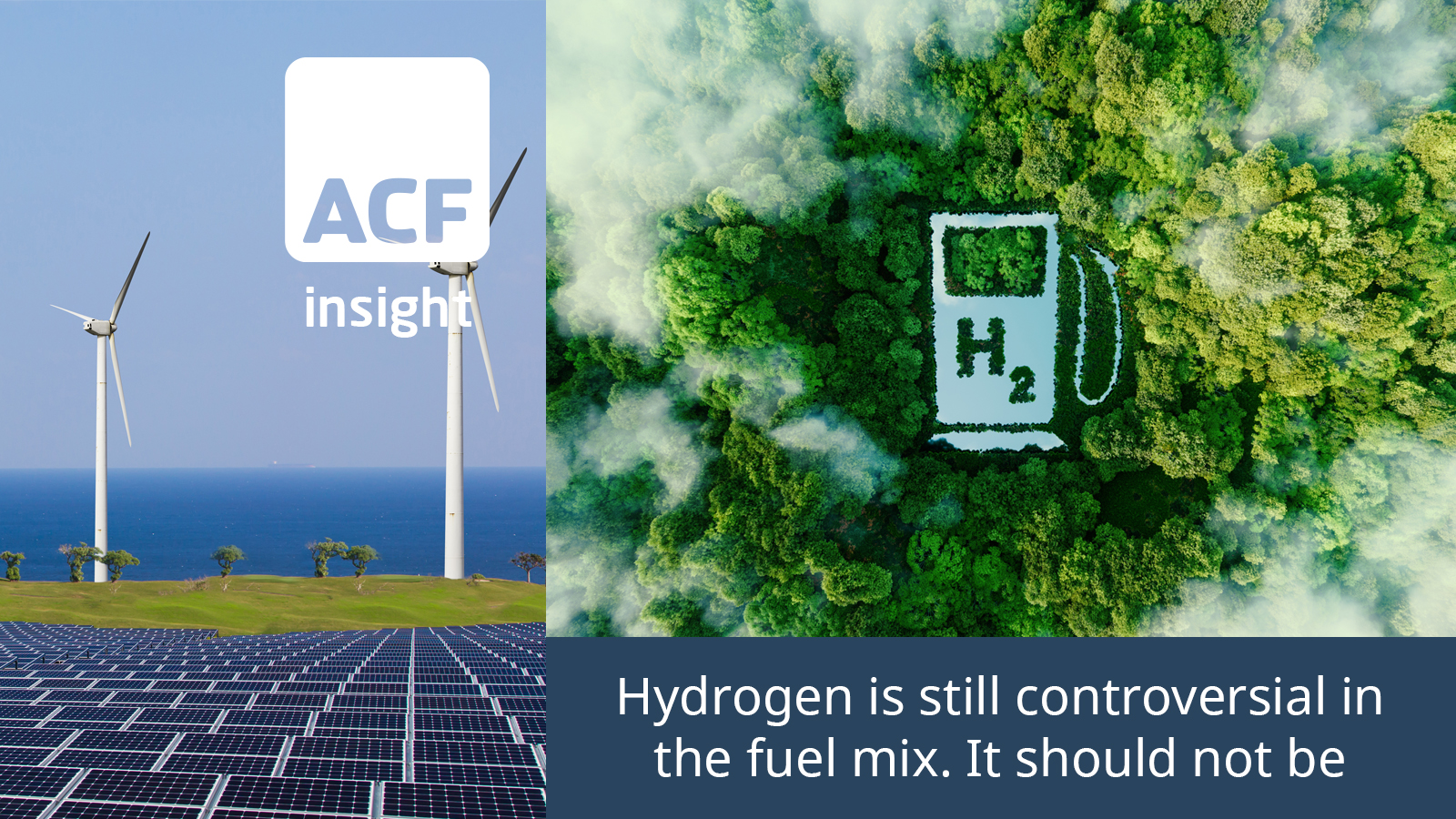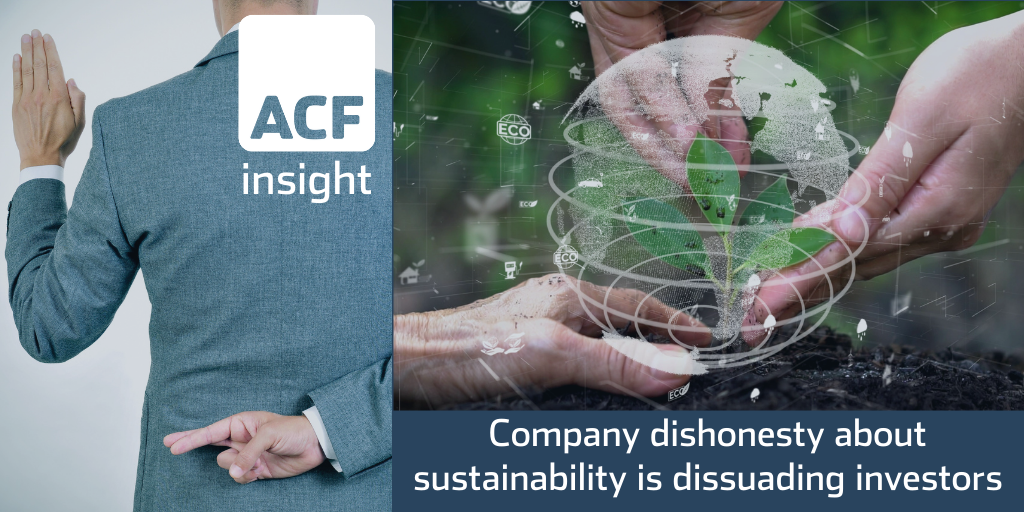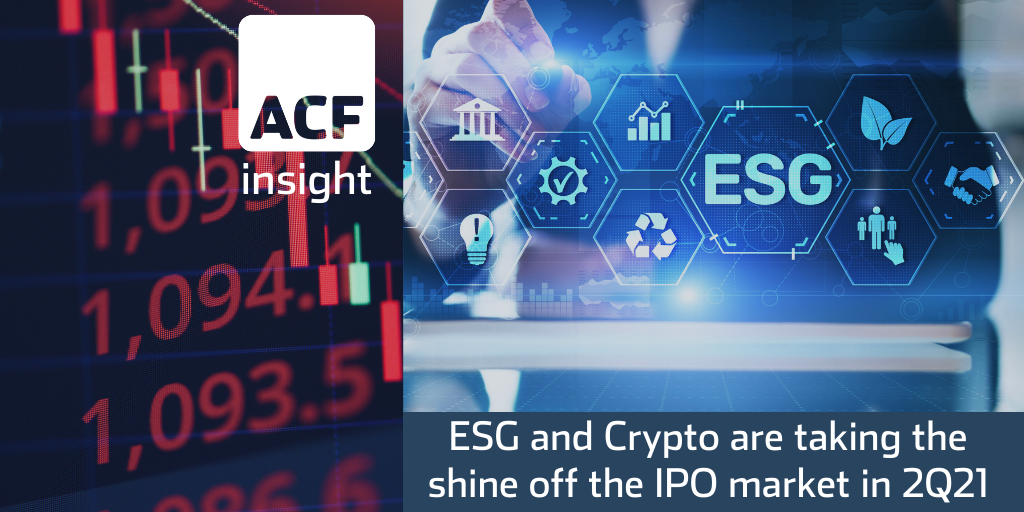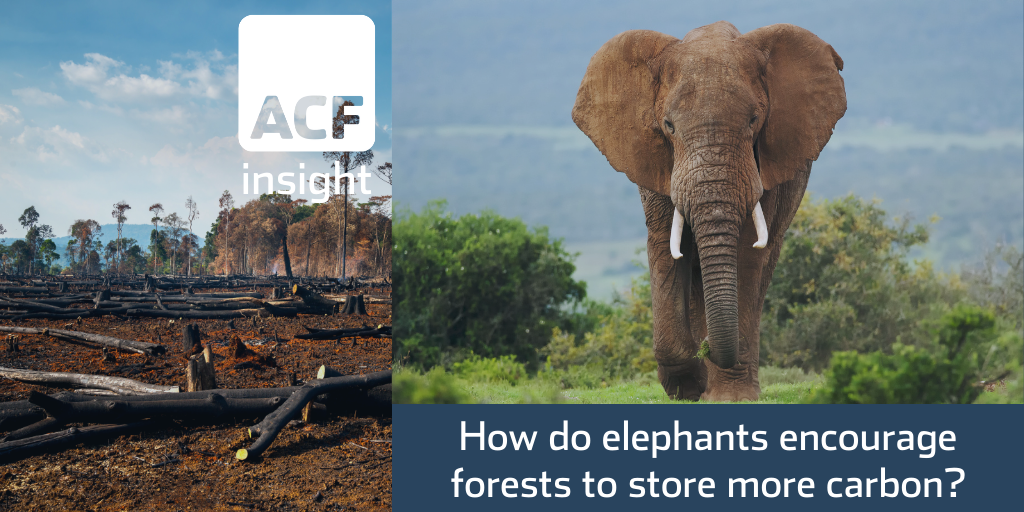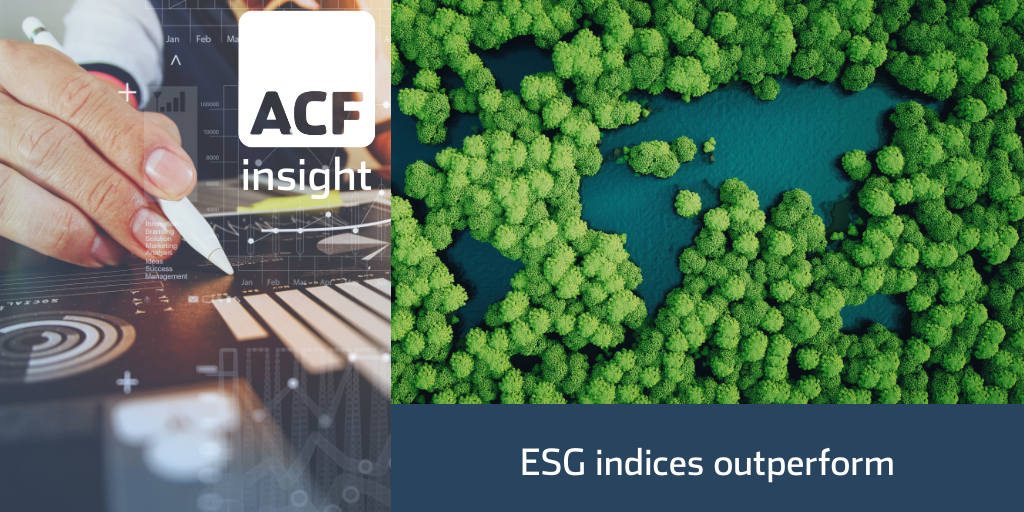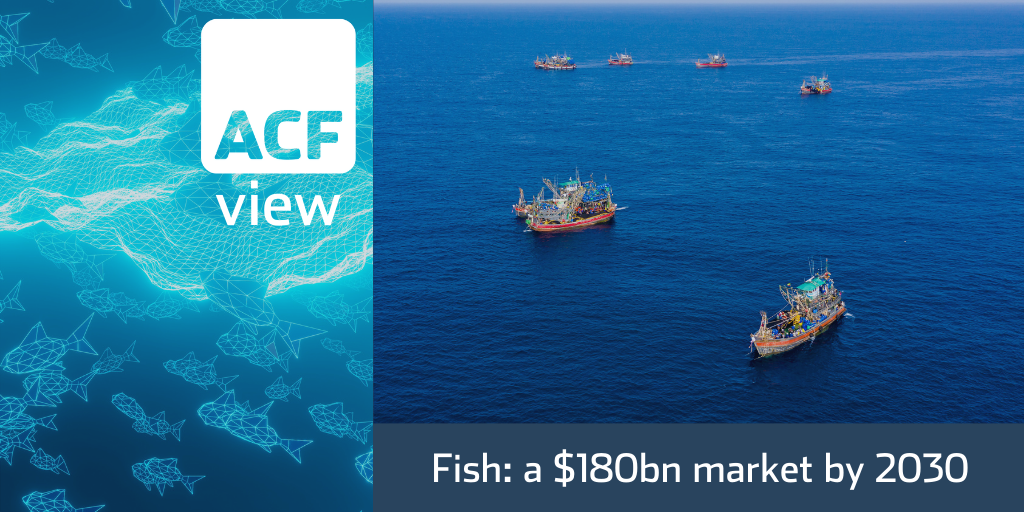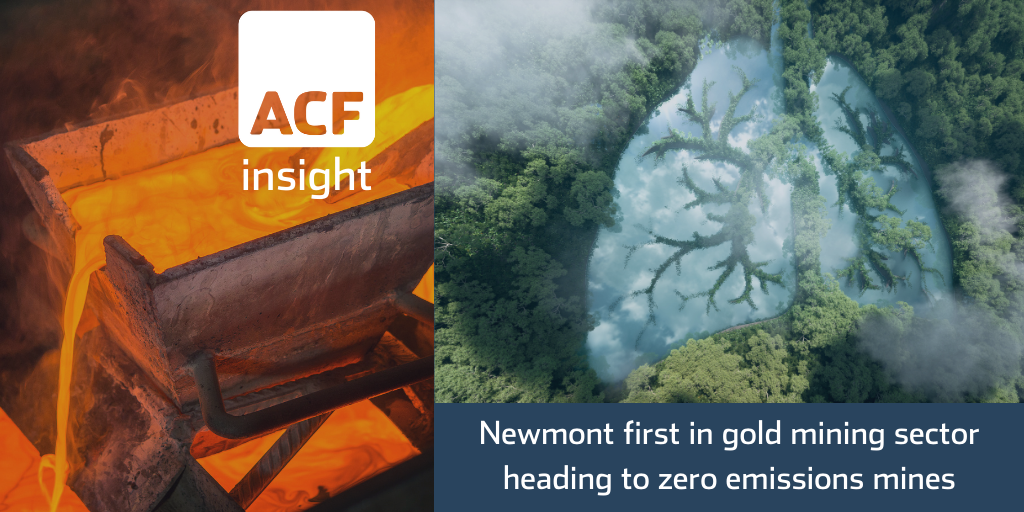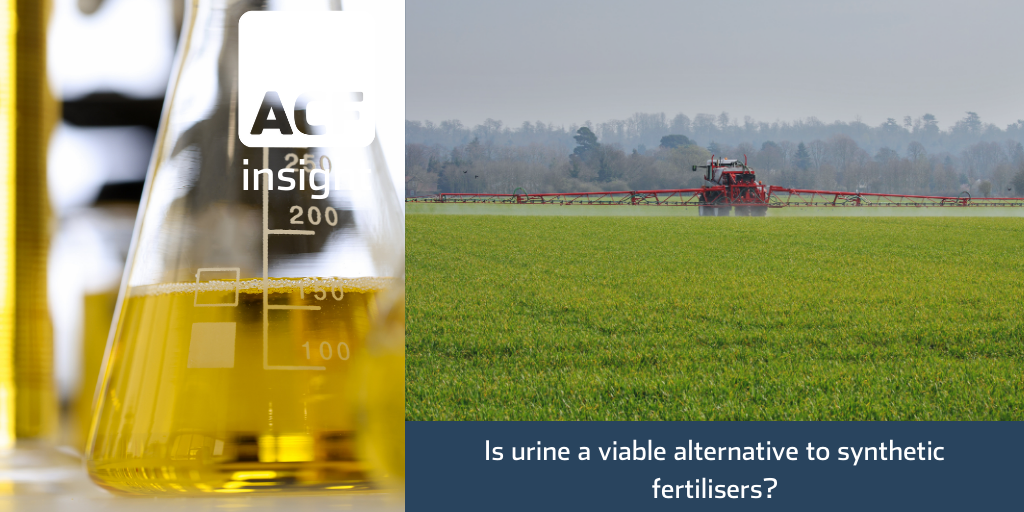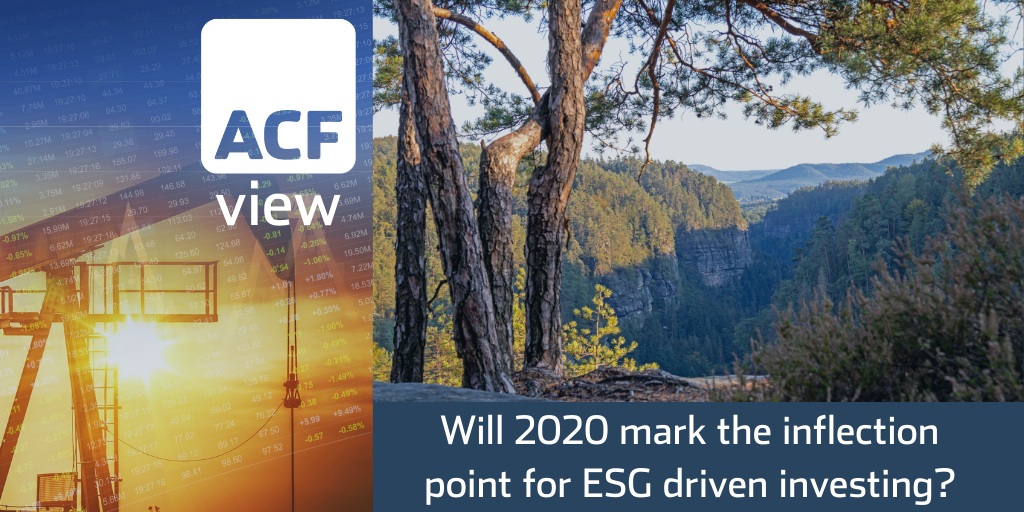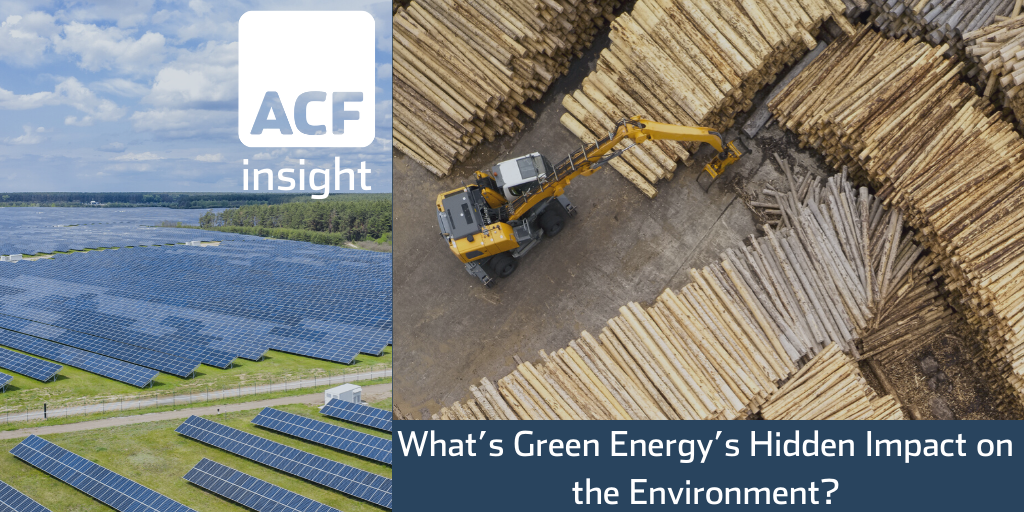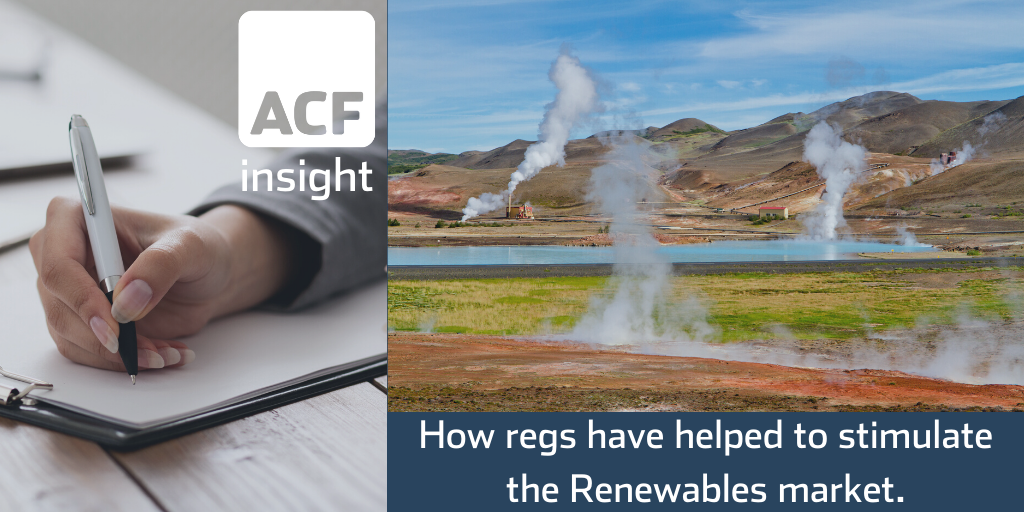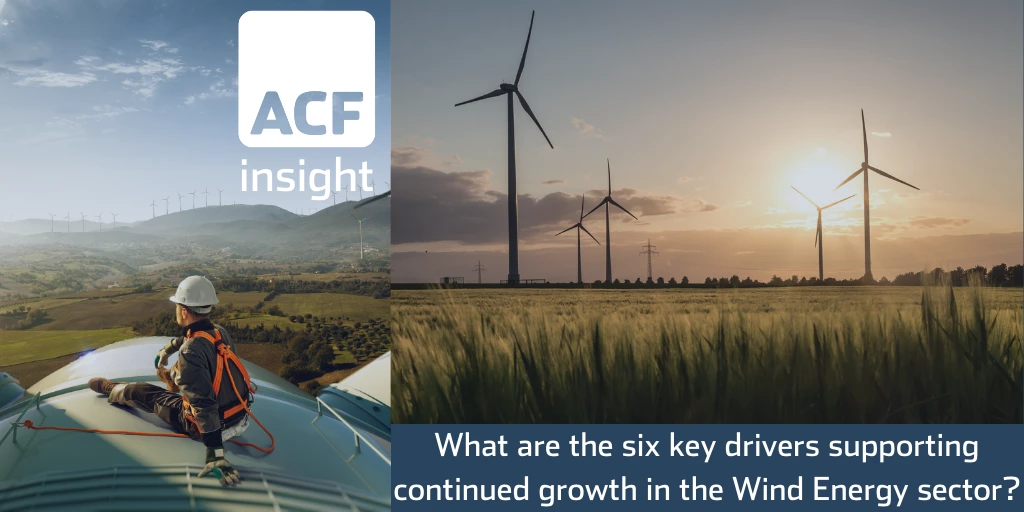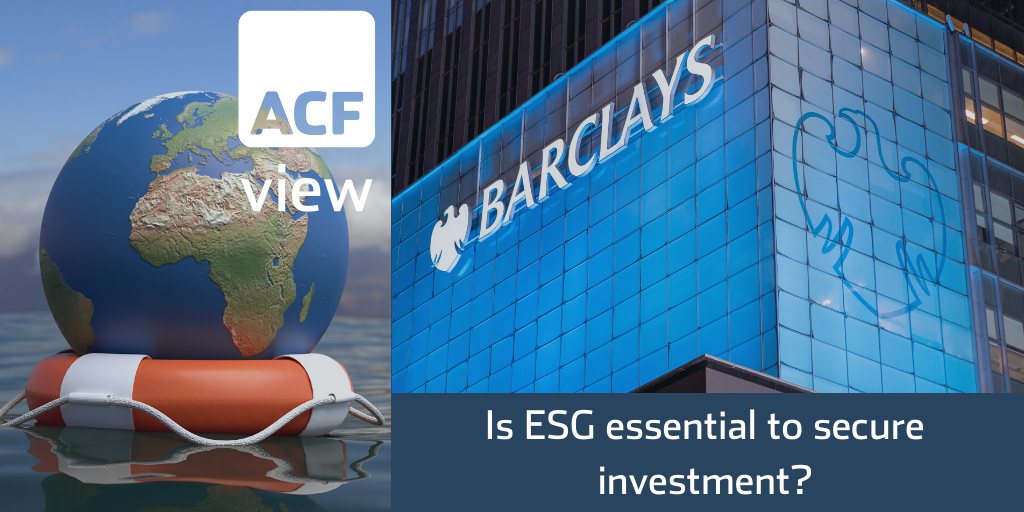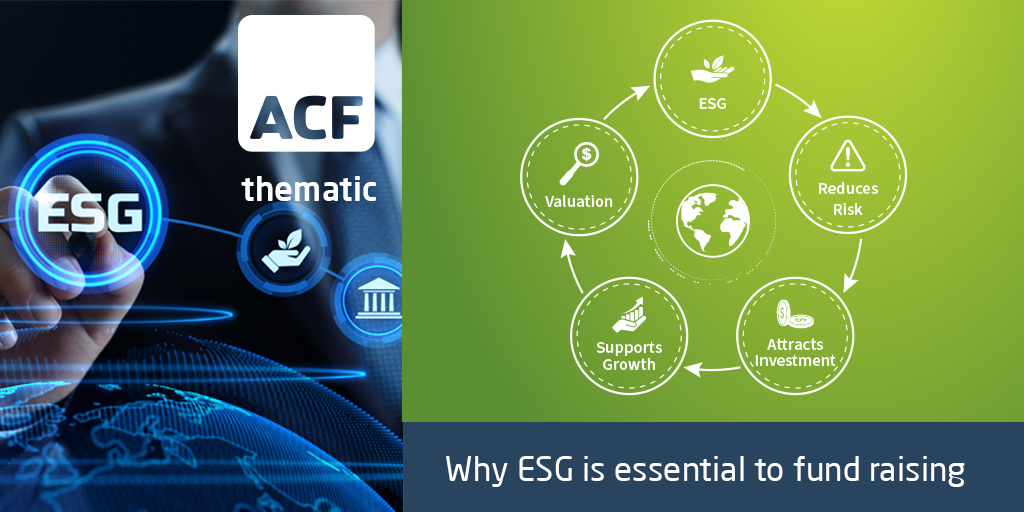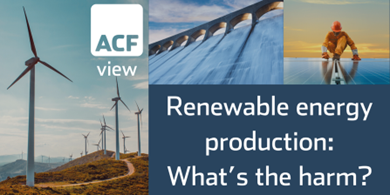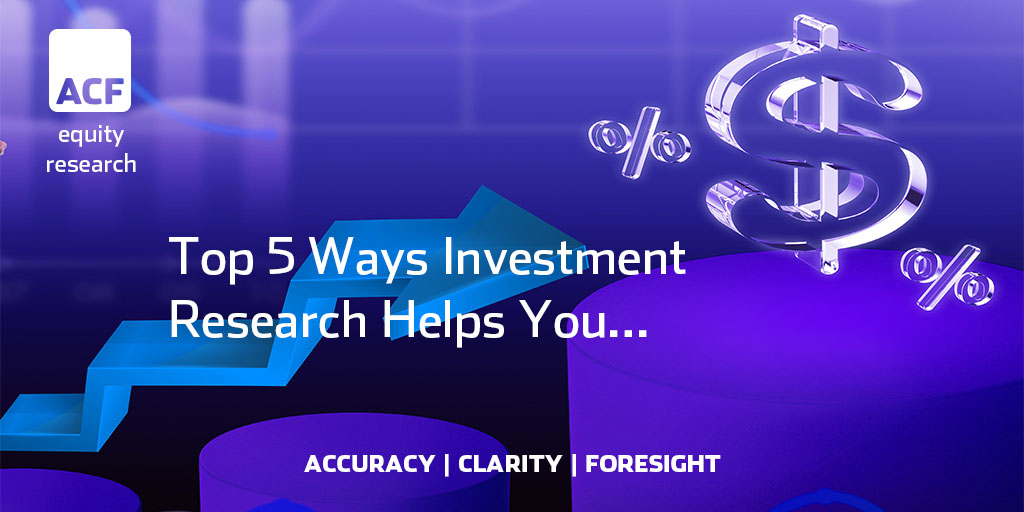ESG (Environmental, Social, and Governance) is a set of quantifiable metrics that ‘responsible investors’ use as part of their screening/filtering process to measure a company’s sustainable business activities.
The environmental (E) criteria measures the necessary precautions that businesses take in order to ensure their activities have the least harmful effects on the environment. The social (S) criteria assesses the company’s relationship with its employees, clients, suppliers and communities within which they are active. The governance (G) criteria monitors the company’s leadership structure and its management of shareholder rights.
The value of assets under management (AUM) of ESG / Sustainable funds estimated by ACF Equity Research is US$ 30.7trn in 2021E and Blackrock forecasts ~$400trn by 2030E. This is the tip of the iceberg because these funds only include formally filtered ESG funds. The challenge is the informal filtering where the process is the same as the formal, but you don’t that is it happening and it happens more often than you think – therefore, you need to be ready for it.
At ACF Equity Research we are of the view that ESG / Sustainability should be at the forefront of all business decisions. While we understand that it can be challenging for small to mid-caps to pull together an ESG policy with metrics, the bottom line is that investors want to see that companies are at the very least on the ESG trajectory, i.e. that you are working towards it.



